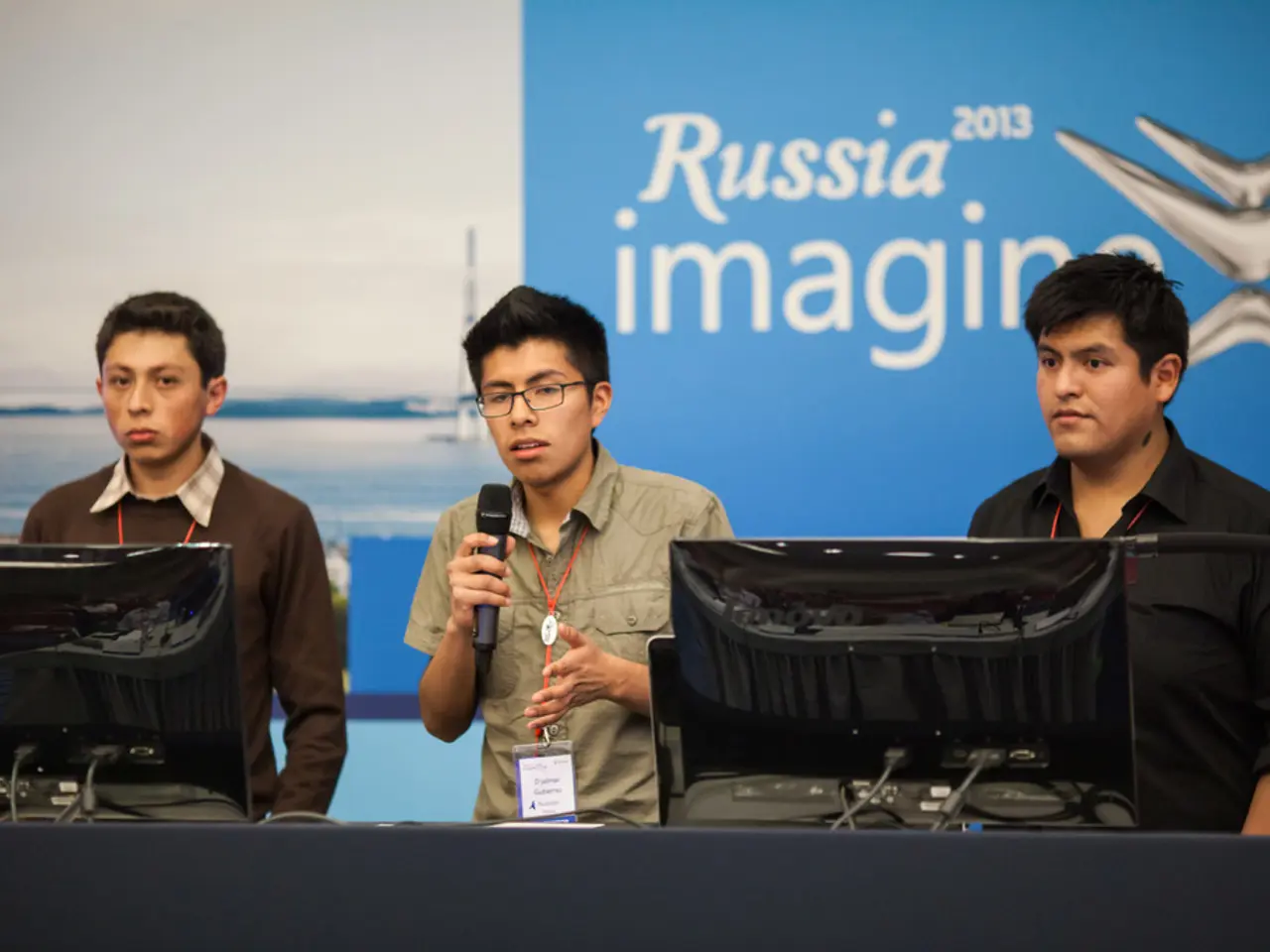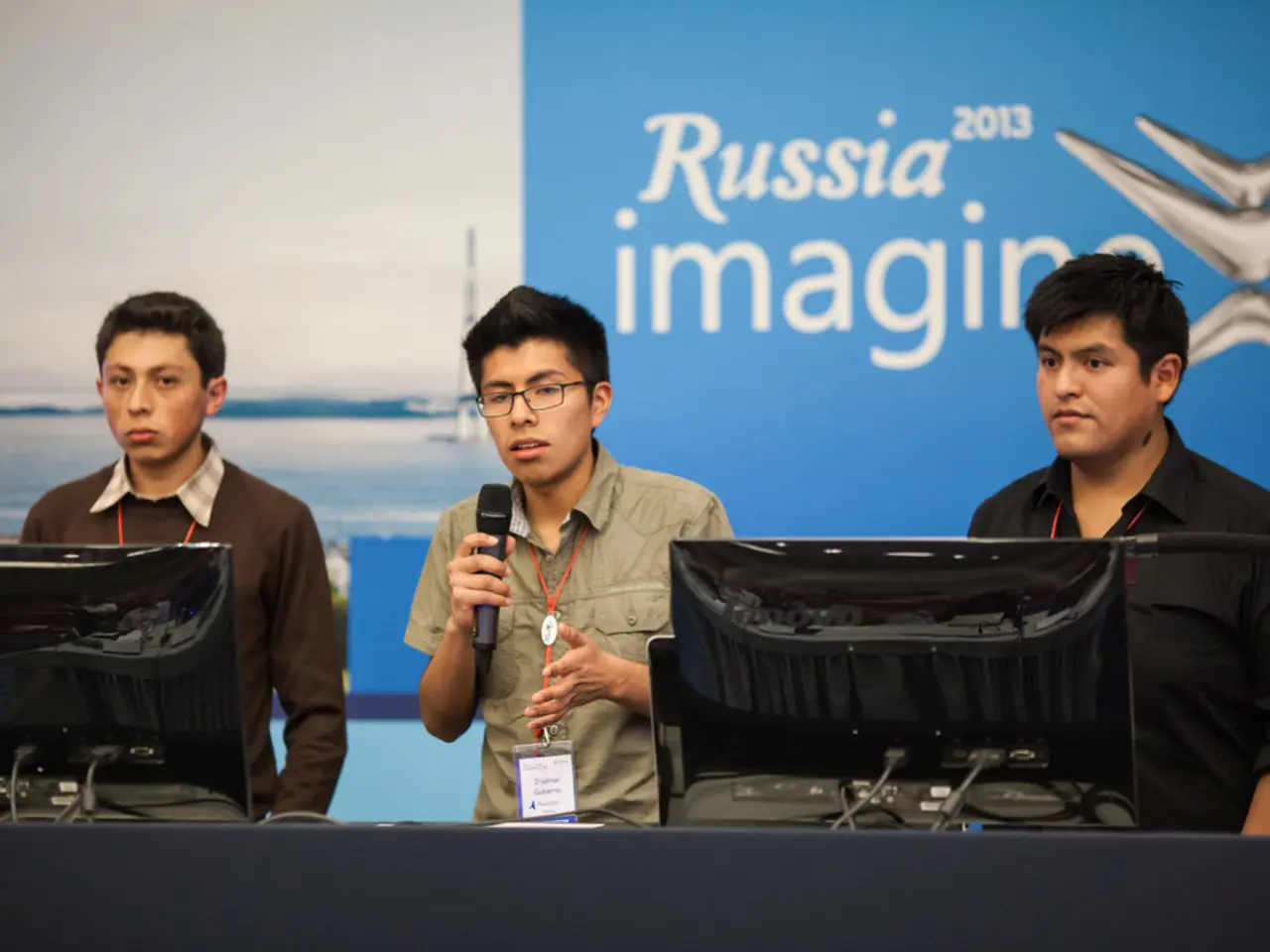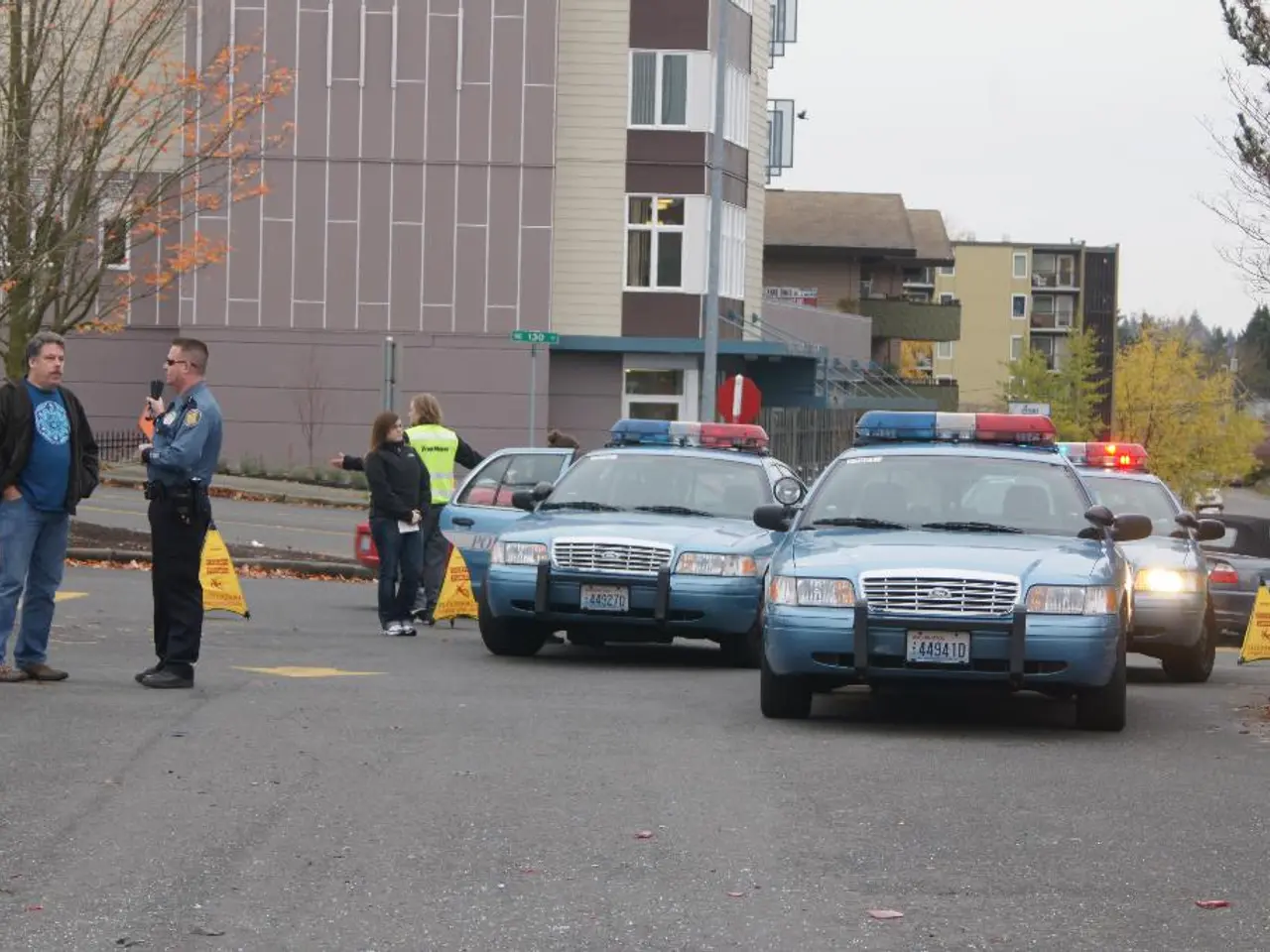Hamas is actively seeking dialogue, expressing readiness to commence negotiations in Gaza right away.
The latest developments in the ongoing conflict between Hamas and Israel indicate a potential breakthrough, as Hamas has given a positive response to a temporary ceasefire and hostage exchange proposal. This announcement signals Hamas' readiness to move into a new round of negotiations, aiming for a permanent end to the war.
The proposed deal envisions a 60-day temporary ceasefire in Gaza, during which indirect negotiations between Hamas, Israel, and mediators, including the United States, Qatar, and Egypt, would take place. As part of the agreement, Hamas has agreed to release ten living hostages and return fifteen bodies of deceased hostages currently held captive.
However, key disputes remain unresolved. Hamas has requested specific guarantees related to humanitarian aid, demanding that the UN regain control of aid delivery in Gaza, rejecting the involvement of the Israel and U.S.-backed Gaza Humanitarian Fund in that process. Additionally, Hamas insists on the Israeli Defense Forces (IDF) withdrawing to their boundaries prior to the ceasefire collapse last March, a condition Israel has refused.
The mediators are expected to work on the mechanism for implementing the ceasefire framework, with Hamas expressing full preparedness to enter those negotiations immediately. There is international momentum for a breakthrough, with President Trump facilitating talks through Qatari and Egyptian mediators and aiming for progress in upcoming meetings with Israeli leadership.
The current situation in Gaza remains tense, following more than 20 months of conflict and the end of a previous ceasefire three months ago. The humanitarian situation continues to be critical, underscoring the urgency behind the ceasefire and aid delivery negotiations.
Meanwhile, the Israeli army is conducting operations to dismantle Hamas' military capabilities in the Gaza Strip. At least 57,268 Palestinians, mostly civilians, have been killed in Gaza in the large-scale Israeli offensive since late May. Over fifty Palestinians were killed on Friday in the Gaza Strip due to Israeli army offensive. The UN Special Rapporteur for the Palestinian territories, Francesca Albanese, stated that Palestinians in Gaza continue to endure suffering beyond imagination.
It is worth noting that this is not the first time a ceasefire has been proposed. A one-week ceasefire in November 2023 and a two-month ceasefire at the beginning of 2025 allowed for the return of many Israeli hostages and the release of Palestinian prisoners held by Israel.
While a positive response from Hamas marks progress, it remains to be seen whether these disputes can be resolved, and whether a durable ceasefire can be achieved. Islamic Jihad, Hamas' main Palestinian ally, supports the principle of negotiations but seeks additional guarantees to prevent Israel from resuming aggression after the release of hostages.
As negotiations continue, both sides reaffirm their commitment to finding a peaceful solution and ending the conflict that has plagued the region for far too long.
- The financial aspect of the proposed agreement includes Hamas' commitment to release ten living hostages and return fifteen bodies of deceased hostages, while demanding specific guarantees related to humanitarian aid, such as the UN regaining control of aid delivery in Gaza.
- The ongoing political negotiations, driven by international momentum and facilitated by Qatari and Egyptian mediators, aim to resolve key disputes, like Hamas' insistence on the Israeli Defense Forces (IDF) withdrawing to their boundaries prior to the ceasefire collapse last March, a condition Israel has refused.








